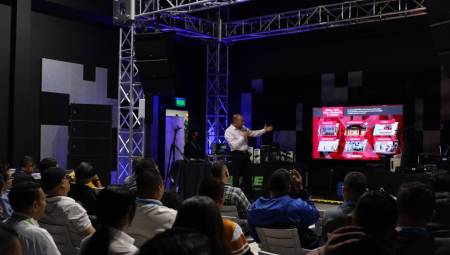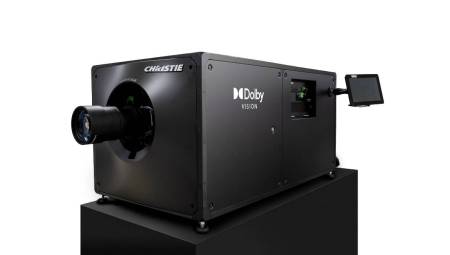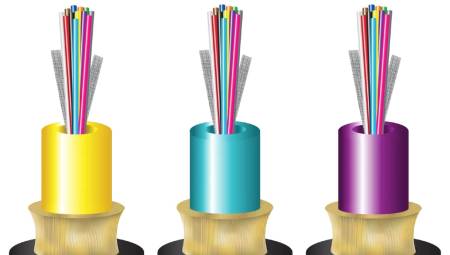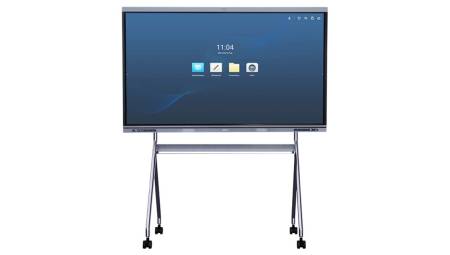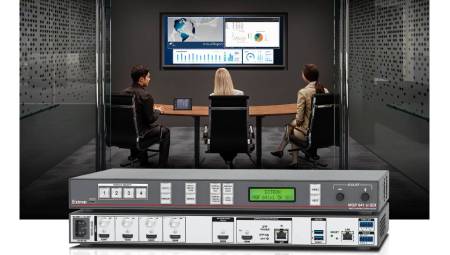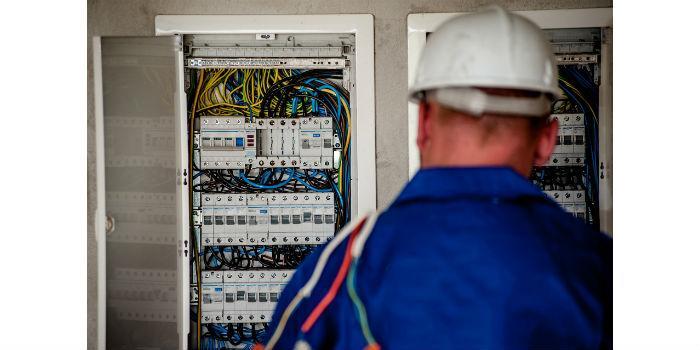 Latin America. Why is it important to properly maintain electrical distribution equipment? There are five elementary reasons. Schneider Electric explained the benefits and importance of performing this support.
Latin America. Why is it important to properly maintain electrical distribution equipment? There are five elementary reasons. Schneider Electric explained the benefits and importance of performing this support.
1. Provides safety and security: One of the most important responsibilities of plant managers is to ensure the development of their business. Therefore, they are obliged to take available technical and economic measures to minimize the risks that can cause accidents that injure personnel, damage assets or negatively impact the business.
Some electrical distribution equipment is designed to minimize the risk and severity of accidents or process breakdowns, for example, circuit breakers and fuses. The highest priority of maintenance is to ensure that they perform their mission.
2. Continuity of service: Preventive maintenance maximizes uptime. When there are scheduled interruptions, less stress is generated. That is, preventive maintenance saves time and money compared to an emergency repair. The consequences of unplanned production halt are often enormous and negative.
3. Energy efficiency: Research shows that devices that are not maintained are not as energy efficient, over time, normal wear and tear causes effects on components, which decreases the energy efficiency of the device. Less wear and tear on equipment means less energy wasted while it is in operation.
4. Efficient management of spare parts: spare parts alone can represent half of the maintenance costs, here comes to play a very important role preventive arrangements, which reduce the number of failures in parts or complex systems. As a result, money is saved and the production process is improved.
5. Total Cost of Ownership Optimization: Considering the significant equipment acquisition costs (CapEx), plant managers want their electrical distribution equipment to perform well for as long as possible.
Moreover, business operations should work as well as possible at an optimal cost. Without maintenance, industries suffer emergency situations (reactive) and which can cause the purchase of spare parts and unbudgeted labor, increasing the costs of processes (OpEx).
Modern and up-to-date maintenance techniques become a competitive advantage thanks to early detection, leading to the identification of problems before requiring a major repair, with this operation managers can make scheduled stops that will allow them to schedule their staff accordingly.
Carrying out maintenance is a unique opportunity to reduce TCO (CaPex + OpEx) and create more value for a business. It is elementary that everything is professionally executed by qualified and qualified technicians.
Define a calendar
Schneider Electric experts recommend defining the schedule of the activities that are part of the maintenance and thus achieve the performance of the electrical distribution equipment over time. The periodicity will depend largely on the operating conditions.
When environmental operating conditions have a high severity – i.e. corrosive, naval, offshore, high levels of heat, humidity and high dust concentration, among others – it is recommended that the frequency increase because this leads to an increased risk of equipment malfunction.
Conclusion
Plant managers must strategically program and employ a variety of approaches to keep electrical distribution equipment functioning properly, in order to reap these benefits: personnel safety, equipment and asset protection, continuity of service, energy and efficiency, efficient spare parts management, and total cost of ownership optimization.






